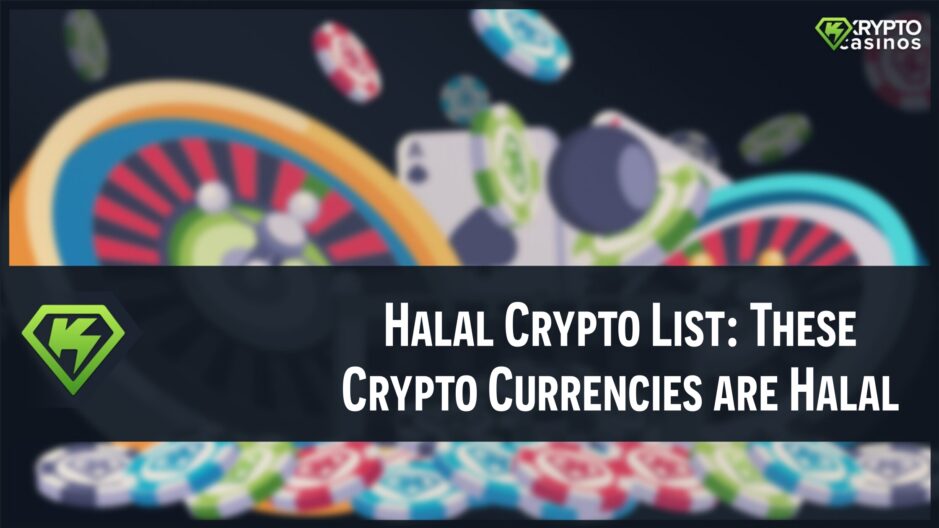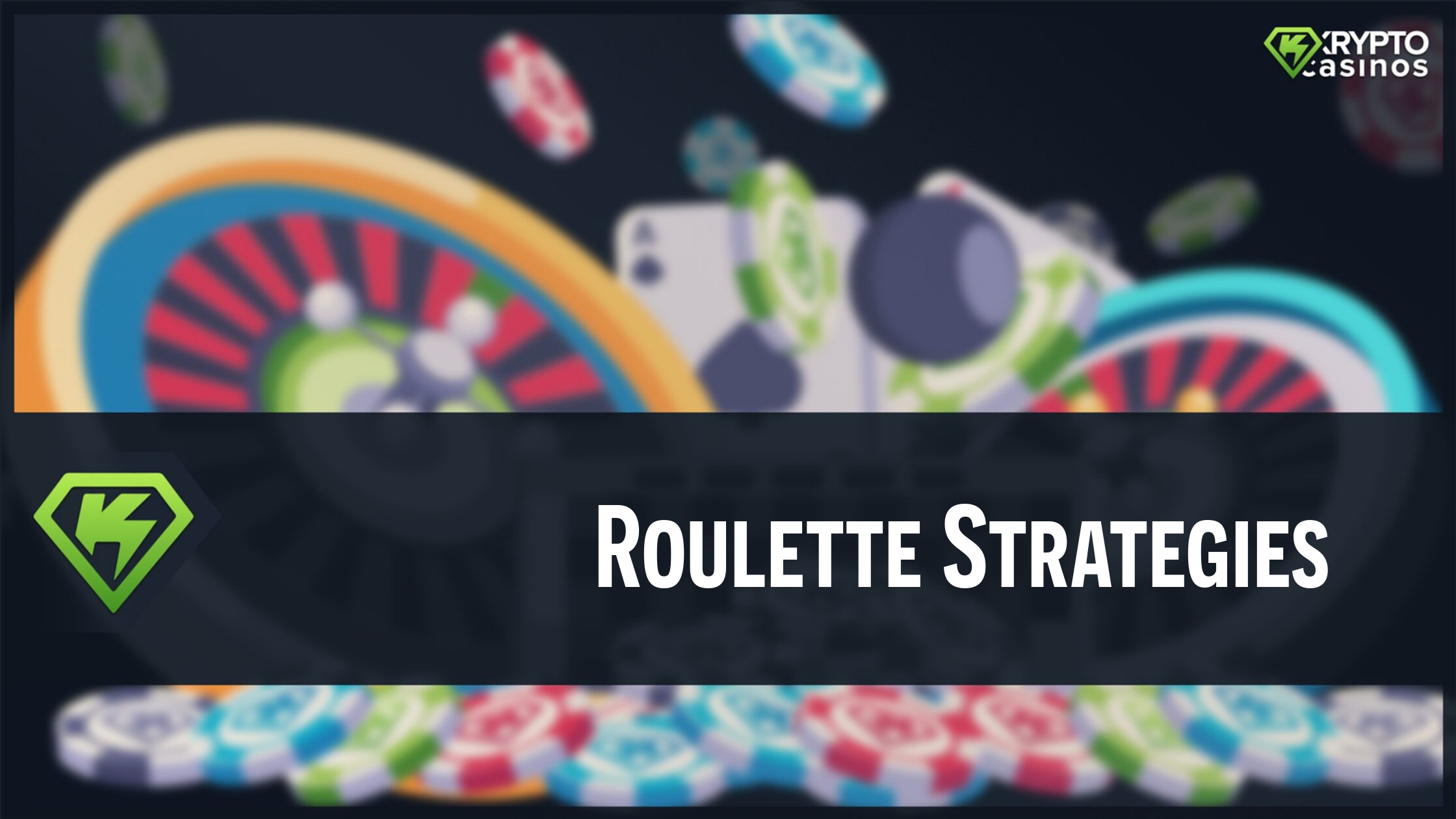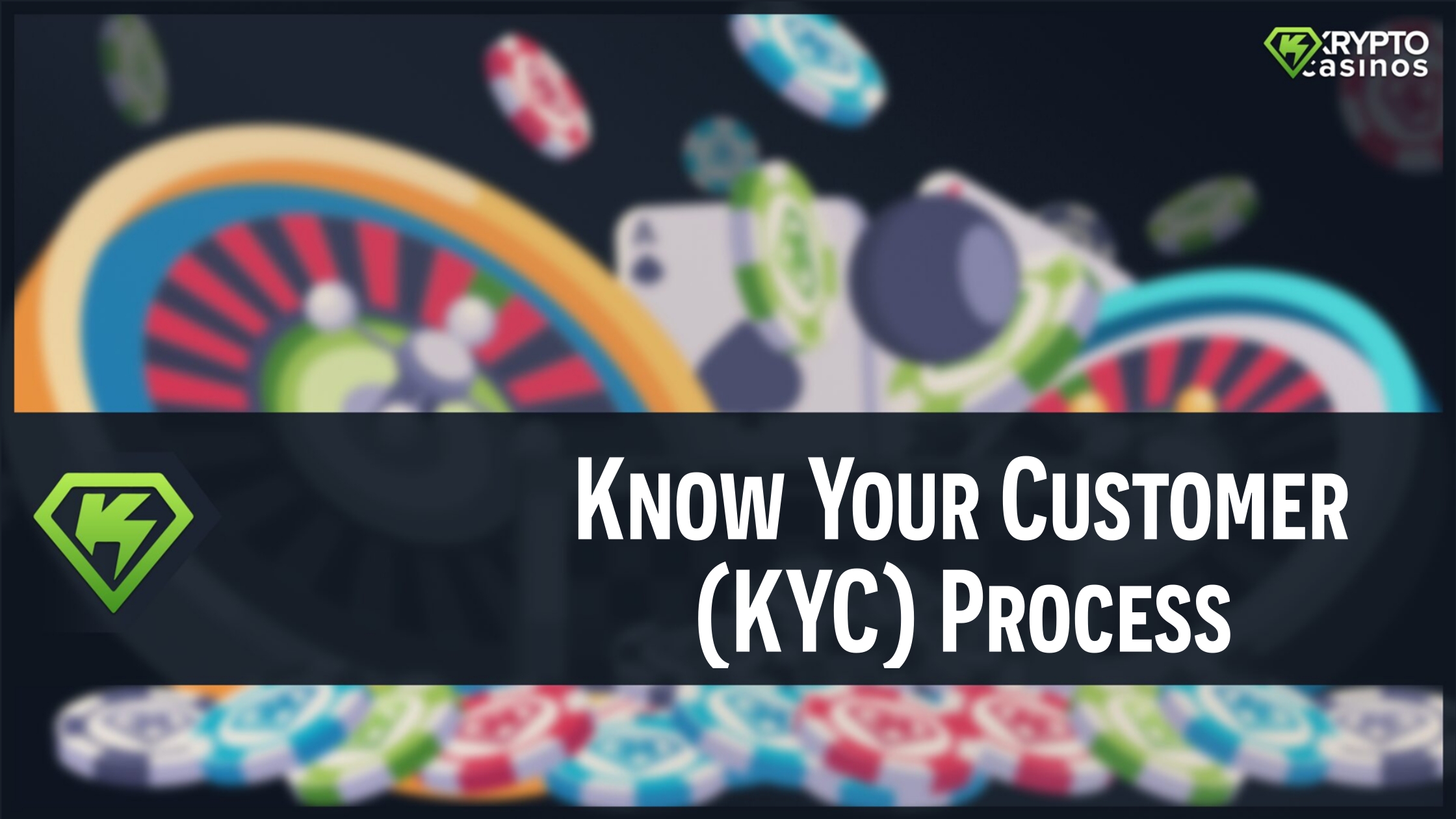Halal Crypto Coins List: Which Cryptocurrencies Are Halal?
Various Islamic principles determine whether a cryptocurrency is Halal or Haram. We explain the rules on Riba, Gharar and Haram transactions and provide a cryptocurrency Halal list that highlights coins considered compliant with Sharia law.
Reading time: ~ 6 minutes

Quick Overview: List of Halal Crypto Coins
If you're interested in a detailed explanation and assessment, you can jump directly to the section with the table including explanations.
Explanation: Sharia and Cryptocurrencies
Now that you've seen our quick list, let's delve into what makes a cryptocurrency Halal or Haram according to Sharia law. Understanding these principles will help you make informed choices.
Sharia is Islamic law. It's a complete set of religious, ethical, and legal principles. These principles guide all areas of life, including how you manage your money and financial dealings. It is based on the teachings of the Quran, the Hadith (sayings of the Prophet Muhammad), and interpretations by Islamic scholars. Sharia aims to ensure a just, ethical, and sustainable financial system that promotes social stability and economic fairness.
In today’s financial landscape—especially in the areas of cryptocurrencies and blockchain technology—these principles remain highly relevant. Many Muslims are asking whether decentralized currencies (those not controlled by a central authority such as a central bank or government) comply with Islamic financial guidelines, and which crypto coins may be considered Halal.
Riba (Interest Prohibition): No Unjust Financial Gain Without Value Creation
In Islam, lending money with interest is forbidden because it is seen as exploitation of the weaker and leads to social inequality. Riba refers to any form of interest or unjustified financial gain derived from merely holding or lending money.
Imagine Riba like this: if you lend a friend $10 and ask for $12 back just because time has passed, that extra $2, without any real service or item exchanged, is Riba. When we look at crypto, we check if coins or platforms act like these interest-bearing loans.
Relevance of Riba in Cryptocurrencies
- Cryptocurrencies used purely as payment methods (Bitcoin, Litecoin, Stellar) and without an interest mechanism are generally considered Halal.
- Stablecoins (such as USDT, USDC) can be problematic if they are backed by interest-bearing assets.
- Staking and yield farming (methods of earning rewards by locking up crypto or providing liquidity, often seen as passive income) may have riba-like aspects, especially if they generate “passive income” without real economic activity.
The presence of interest-bearing mechanisms in certain cryptocurrencies makes them questionable under Islamic finance.
Gharar (Uncertainty & Speculation): Avoiding Excessive Risk or Fraud
In Islam, contracts involving extreme uncertainty are considered invalid, as they can lead to injustice or fraud. Gharar refers to excessive ambiguity or speculative transactions in which one party takes advantage of the other’s lack of knowledge or uncertainty.
Think of Gharar like buying a mystery box where you don’t know what’s inside, how much it’s worth, or even if there’s anything at all—it’s a gamble. In everyday life, that’s like paying someone for a car without knowing if the car works, its condition, or even if they truly own it. Gharar refers to uncertainty or ambiguity in a transaction, and when looking at crypto, we try to avoid coins or agreements that are unclear, overly speculative, or based on hidden terms.
Relevance of Gharar in Cryptocurrencies
- Bitcoin and Ethereum are generally regarded as Halal since they function as technology platforms or stores of value.
- Meme coins (such as Dogecoin, Shiba Inu, and Trump Coin) are often classified as Haram because they lack intrinsic value and rely primarily on speculation.
- Pump-and-dump schemes (a type of scam) and high-volatility day trading raise concerns, as they are centered around quick and uncertain profits, which can lead to unethical financial behavior.
So, when you're considering a new, hyped crypto coin for your casino play, remember this: if it seems overly speculative or too good to be true, it might involve Gharar. This could make it less suitable if you're looking for Halal options.
Mal (Ownership & Value): Cryptocurrencies Must Have Real-World Utility
In Islamic finance, assets that provide real-world benefits and contribute to social good are considered Halal. The concept of Mal (ownership) requires that an asset has actual economic utility and is not purely speculative.
For example, if you buy an apple, you’re exchanging money for a real object that you can use, eat, or sell—it has recognized and tangible value. In crypto, to meet the definition of Mal, a token or asset must have clear ownership rights, usability, value in exchange, and be something people genuinely need or use—not just numbers on a screen with hype and no purpose.
Relevance of Mal in Cryptocurrencies
- Bitcoin is regarded as Halal as it functions as a digital store of value and is widely accepted as a payment method.
- Ethereum & Cardano are considered permissible since they offer smart contract functionality, which has practical applications.
- Meme coins (such as Dogecoin, Shiba Inu, and Trump Coin) are problematic as they lack inherent economic value and primarily rely on speculation.
Cryptocurrencies with real-world applications are more likely to be deemed Halal, while those driven by speculation remain questionable.
What are Smart Contracts?
Smart contracts are like digital, automated agreements. Think of them like a vending machine: you put in your crypto (money), and the smart contract automatically gives you a product, service, or another type of digital asset. Platforms like Ethereum and Cardano use these for many useful applications, which is why we often see them as Halal.
Crypto Casinos with Halal Coins
Now that you have a better understanding of the key Sharia principles like Riba, Gharar, and Mal, you might be wondering: how does this apply if you're interested in using crypto at online casinos? Let's look into that aspect.
We recognize that gambling (Maysir) is generally not permitted in Islam, but there is ongoing discussion around how Islamic values might relate to the world of online gaming. Some platforms are exploring new models that emphasize transparency, fairness, and the use of cryptocurrencies considered Halal, with the goal of offering experiences that may better align with Sharia principles. Especially Arab and UAE Casinos are working to integrate Halal cryptocurrencies such as Bitcoin, Ethereum, Solana, and Islamic Coin (ISLM) – especially to provide Muslim users with a fitting gaming experience on gaming sites.
That being said, Islamic principles regarding gambling remain a significant consideration. If you are looking for online platforms that support cryptocurrencies we’ve identified as potentially Halal—such as Bitcoin or Ethereum—there are crypto casinos that accept these options. Below, we share a few well-known platforms that support these types of coins.
Halal or Haram: The Complexity of Classification
When compiling a list of Halal crypto coins, several factors based on Sharia law are taken into account. Determining whether a cryptocurrency is Halal or Haram is not always straightforward, as the decision involves multiple considerations. Below are some reasons why a clear classification can be challenging:
-
Technological Complexity
Most cryptocurrencies have multiple use cases. A blockchain can be used for both Halal-compliant purposes (e.g., smart contracts for interest-free financial transactions) and Haram-questionable applications (e.g., gambling platforms).
-
Speculation and Volatility
Cryptocurrencies are often associated with high price fluctuations, leading to speculative trading. In Islamic finance, Gharar (excessive uncertainty) is problematic.
-
Potential for Haram Use
Cryptocurrencies offer anonymity and are sometimes used for illegal activities such as money laundering, drug trade, or fraudulent schemes.
-
Stablecoins and Interest-Based Systems
Stablecoins like USDT (Tether) or USDC are pegged to fiat currencies. These are often backed by interest-bearing reserves, which can be problematic as Riba (interest). However, some stablecoins may use Sharia-compliant reserves, making them potentially Halal.
-
Evolving Islamic Financial Opinions
Islamic scholars do not always agree on which aspects of a cryptocurrency are permissible or forbidden. Some argue that decentralized systems without interest mechanisms are Halal, while others criticize the speculative nature or lack of physical value.
Table and Explanation of Why Coins Are Halal or Haram
| Cryptocurrency | Halal / Haram | Category | Reason for Halal Classification |
|---|---|---|---|
| Bitcoin (BTC) | ✅ Halal | Payment Method | No interest mechanism, serves as a digital payment method |
| Ethereum (ETH) | ✅ Halal | Smart Contract Platform | Offers smart contracts, no riba-based mechanisms |
| Cardano (ADA) | ✅ Halal | Smart Contract Platform | Decentralized platform with real utility and ethical focus |
| Bitcoin Cash (BCH) | ✅ Halal | Payment Method | No interest mechanism, designed for fast transactions |
| Stellar (XLM) | ✅ Halal | Payment Method | Promotes financial inclusion, no speculative mechanism |
| Islamic Coin (ISLM) | ✅ Halal | Islamic Cryptocurrency | Developed according to Islamic financial principles |
| Solana (SOL) | ✅ Halal | Smart Contract Platform | High scalability, no interest mechanism |
| Sui (SUI) | ✅ Halal | Smart Contract Platform | Decentralized platform without speculative elements |
| Hedera (HBAR) | ✅ Halal | Smart Contract Platform | Efficient blockchain, no riba-based mechanisms |
| Dogecoin (DOGE) | ❌ Haram | Meme Coin | Pure speculation, no economic utility |
| Shiba Inu (SHIB) | ❌ Haram | Meme Coin | Pump-and-dump risk, high speculation |
| Tether (USDT) | ❌ Haram | Stable Coin | May contain interest-bearing reserves |
| USD Coin (USDC) | ❌ Haram | Stable Coin | May contain interest-bearing reserves |
| CasinoCoin (CSC) | ❌ Haram | Gambling Token | Supports gambling and betting |
| Trump Coin (TRUMP) | ❌ Haram | Meme Coin | Pump-and-dump risk, high speculation |
| Monero (XMR) | ⚠️ Controversial | Privacy Coin | High anonymity, often linked to illegal activities |
| Zcash (ZEC) | ⚠️ Controversial | Privacy Coin | Privacy features could be used for illegal purposes |
| Dash (DASH) | ⚠️ Controversial | Privacy Coin | Optional anonymity, could pose speculative risks |
Conclusion and Outlook on Halal Coins in the Crypto Market
The increasing digitization of the financial world is opening new opportunities for Sharia-compliant investments in cryptocurrencies. While Bitcoin and Ethereum are considered Halal, specially developed Islamic coins like Islamic Coin (ISLM) have the potential to further expand the market for ethically acceptable digital assets.
Looking ahead, for crypto projects to earn the ‘Halal' classification, it's vital they use transparent business models. They'll also need fair ways of funding and sustainable technology. These key elements will likely make the biggest difference.
We believe demand for Halal-certified cryptocurrencies and crypto casinos will continue to rise, especially in regions with large Muslim populations. Developers and companies that incorporate Sharia principles into blockchain solutions are likely to benefit from both increased market relevance and long-term sustainability. That said, one of the ongoing challenges is creating financial models that remain free from speculative and interest-based practices, ensuring alignment with the core values of Islamic finance.
FAQs: We Answer Frequently Asked Questions About Halal Coins
No, not all cryptocurrencies are considered Halal. Cryptocurrencies must comply with certain Shariah principles, in particular the prohibition of interest (Riba), excessive uncertainty (Gharar) and gambling (Maysir). Coins such as Bitcoin (BTC), Ethereum (ETH) and Islamic Coin (ISLM) are considered Halal, while speculative or interest-bearing coins such as Dogecoin (DOGE) or USDT (Tether) are often classified as Haram.
Stablecoins such as USDT (Tether) and USDC (USD Coin) are problematic because they are often backed by interest-bearing financial assets. Islam prohibits lending money at interest and generating passive income through riba. If stablecoins are financed by the proceeds of interest-bearing bank deposits or bonds, they may be considered Haram.
To consider a crypto coin Halal, it generally needs to meet the following standards:
- It must have a clear economic use (e.g., as a payment method or for smart contracts).
- It should not be based on speculation or gambling.
- It must not involve any interest mechanism (Riba).
- It should not be used for transactions that are forbidden (like those involving alcohol, conventional gambling, or the arms trade).
- It needs to offer transparent, fair, and ethical use.
Among the best long-term investments in Halal cryptocurrencies are:
- Bitcoin (BTC): decentralized means of payment with high acceptance.
- Ethereum (ETH): smart contract platform with practical applications.
- Cardano (ADA): scientifically developed blockchain with a focus on sustainability.
- Islamic Coin (ISLM): specially developed for Islamic financial principles.
While not listed in our main table, OneGram (OGC) is another coin often discussed for long-term Halal investment.
In Islam, gambling (Maysir) is generally prohibited as it is based on chance and often results in financial losses without any real economic value. However, some platforms are working to develop Halal-compliant gaming models by offering competitive games that rely on skill rather than pure luck. These casinos integrate Halal-friendly cryptocurrencies such as Bitcoin, Ethereum, or Islamic Coin to provide an ethical alternative for Muslim users. Despite these efforts, the question of Sharia compliance remains a subject of debate, and it is advisable to seek guidance from Islamic finance experts for individual assessments.
To verify if a new crypto is Halal, you should research its underlying project, its use case (ensuring it's not tied to Haram activities), its tokenomics (avoiding interest-bearing mechanisms), and the level of speculation involved.
Meme coins are often considered Haram due to their lack of intrinsic value (Mal) and high speculative nature (Gharar), which goes against Islamic finance principles. While some may argue for utility if they develop it, their primary association with speculation makes them generally questionable.
Islamic Coin (ISLM) is specifically designed to be Sharia-compliant from its foundation. It aims to provide a financial instrument for the Muslim community that adheres to Islamic principles, often including features like charitable contributions (Zakat) from transactions. It represents a dedicated effort to create a truly Halal digital currency.
Disclaimer: This website is for informational purposes only and does not constitute legal advice. Winnings are not guaranteed. Gambling can be addictive. Only play where legal in your region and check your local laws. Please gamble responsibly. | 18+
How we keep our content up to date:
As soon as figures, data or facts change, our team of crypto and casino experts adjusts the articles. Here you can see the editing history of this article.
-
June 10, 2025
Added new questions to the FAQ section.
Included info blocks for clearer visual explanation.
Made minor content and editorial updates throughout the guide.





